How Often Should You Get Teeth Cleaning in Thailand Dentist’s Advice
How Often Should You Get Teeth Cleaning in Thailand? Dentist’s Advice
If you live in Bangkok, Chiang Mai, Phuket, or you’re an expat bouncing between provinces, one question comes up again and again at the dental clinic: how often should you get teeth cleaning in Thailand? Locals call it scaling and polishing, and whether you book via Line or walk in at a neighborhood clinic, timing matters for your long-term oral health.
What a professional cleaning actually does
A routine cleaning (scale and polish) removes hardened tartar and soft plaque that your toothbrush and floss can’t fully handle. Dentists or hygienists use ultrasonic tools to lift tartar above and below the gumline, then polish the teeth to smooth the surface and reduce new buildup. Some clinics also offer fluoride treatment at the end to strengthen enamel. Expect 30–60 minutes, no downtime, and maybe a bit of sensitivity for a day or two.
Dentist’s advice on frequency
The classic advice is every 6 months. That’s a solid starting point and works well for many people in Thailand. However, dentists now recommend a risk-based schedule:
- Low risk (healthy gums, minimal tartar, good home care): every 6–12 months
- Medium risk (some gingivitis, light bleeding on brushing, more plaque): every 6 months
- High risk (history of gum disease, smokers, diabetics, heavy tartar, dry mouth, or lots of sweet drinks): every 3–4 months
If you’re wearing braces or clear aligners, food traps easily and plaque accumulates faster, so 3–4 month intervals are often best until treatment is finished. Your dentist will check your gums, measure pockets, and then suggest your ideal recall interval. It’s not one-size-fits-all.
Thailand lifestyle factors to consider
- Sweet and iced drinks: Thai milk tea, cha yen, and iced coffee are popular and can stain as well as feed plaque. If these are daily treats, 6 months is the minimum; many people do better with 4–6 month cleanings.
- Smoking and betel nut: These increase staining and gum risk, calling for more frequent cleanings.
- Mouth breathing and air-con: Long hours in air-con can dry the mouth, reducing saliva protection and raising plaque risk.
- Bottled water habits: Many households use bottled water with varied fluoride levels, so be sure to use fluoride toothpaste twice daily.
When to come in sooner than scheduled
Don’t wait for the date on your calendar if you notice:
- Gums that bleed when brushing or flossing
- Persistent bad breath
- New sensitivity at the gumline
- Stains that don’t lift with brushing
- A “fuzzy” feeling on teeth even after cleaning at home
These are signs tartar has built up or your gums are inflamed, and an earlier visit can prevent a small problem from becoming gum disease.
How much does teeth cleaning cost in Thailand?
Fees vary with clinic type and city:
- Private clinics in Bangkok, Chiang Mai, and Phuket typically charge in the low thousands of baht for a standard clean, depending on time needed, stains, and whether X-rays are taken.
- University dental hospitals (for example, in Bangkok and Chiang Mai) are usually more budget-friendly but may require a longer visit or multiple ste
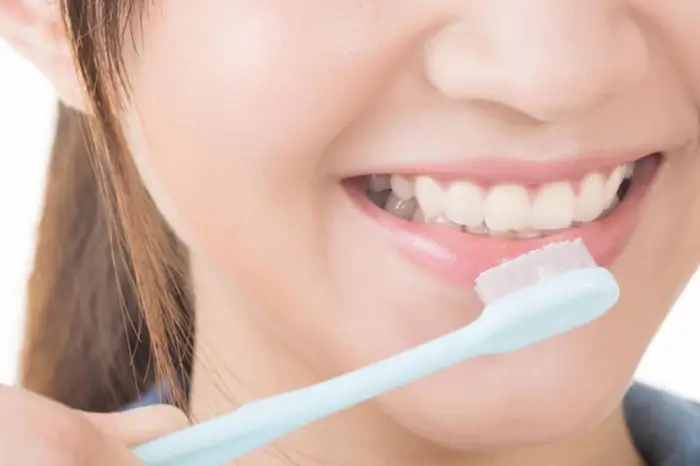
ps.
- Deep cleaning (periodontal scaling and root planing for gum disease) is different from a routine clean and is priced per quadrant; it costs more and may need local anesthesia.
If you’re on Thai Social Security or have private insurance, there may be some coverage for dental services. Benefits change, so it’s best to check the latest allowance and whether your clinic can e-claim. For expats, many international policies cover preventive cleanings once or twice a year.
What to expect during a visit
- Quick check-up: The dentist looks at gums, teeth, and sometimes recommends bitewing X-rays if it’s been a while, to check tartar below the gums and between teeth.
- Scaling and polishing: Ultrasonic cleaning plus polishing paste. If you have heavy stains from tea or smoking, allow a bit more time.
- Optional fluoride: Especially helpful if you get cavities easily.
- Post-care tips: You may be asked to avoid strong staining foods or drinks (Thai tea, o-liang, red wine) for a few hours, especially after polishing or fluoride.
Simple home habits that can extend your interval
- Brush twice a day with fluoride toothpaste (look for 1,000–1,450 ppm fluoride on the label).
- Clean between teeth daily. In Thailand, interdental brushes are easy to find at pharmacies and work better than floss for larger spaces.
- Rinse after sweet or sticky snacks like khanom or dried fruits.
- If you love iced coffee or cha yen, drink water after and don’t nurse the drink all day.
- For braces, use a water flosser and interdental brushes; ask your dentist to show you “Thai-style” practical shortcuts you can keep up with, even on a busy schedule.
Kids and teens
Children should start cleanings as soon as their first teeth appear and then follow a 6-month rhythm, adjusted for risk. Teens with braces often need 3–4 month cleanings. Many Thai clinics are great with kids, and you can book family slots together via Line to make it easy.
Choosing a clinic in Thailand
- Look for a dentist who explains your gum condition and shows you plaque/tartar areas. A quick mirror tour goes a long way.
- Ask whether you need X-rays. If you’re low risk and had recent films, you may not need them every visit.
- In tourist areas, clinics often open late and weekends; in smaller towns, call ahead. English is widely spoken in city clinics.
- If you’re budget-minded, consider university dental hospitals for routine care and check-up plus cleaning packages.
So, how often should you get teeth cleaning in Thailand?
For most adults: every 6 months. If your gums are very healthy and your dentist agrees, you might stretch to 9–12 months. If you have gum issues, smoke, sip sweet drinks often, wear braces, or have medical conditions like diabetes, go every 3–4 months until things stabilize. The key is to let your dentist set a recall plan based on your gum measurements and tartar buildup, then stick to it.
One last practical tip: book your next cleaning before you leave the clinic. Add it to your Line reminders so it doesn’t become a “see you next year” situation. A small habit now saves you bigger treatment later—and keeps your smile fresh, Thai tea and all.
 collect
collect
Hospitals included

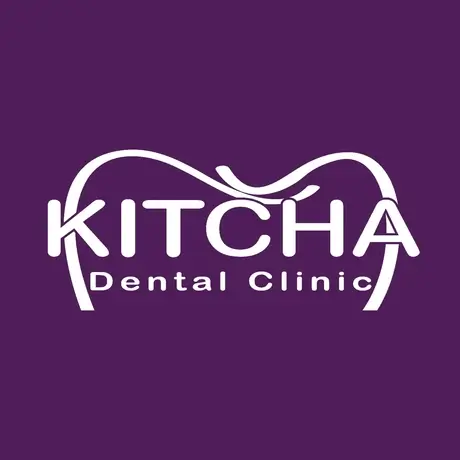


Products included
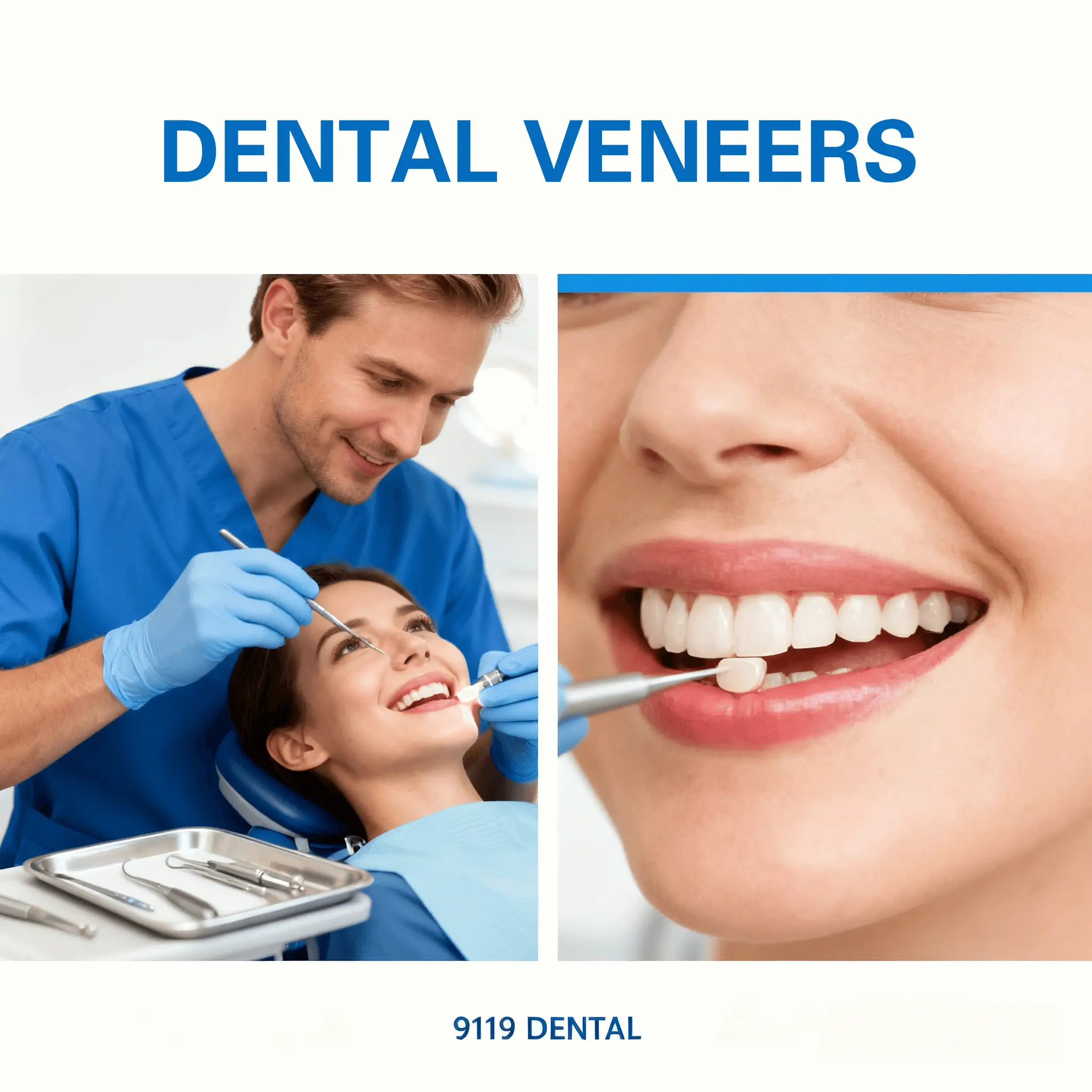
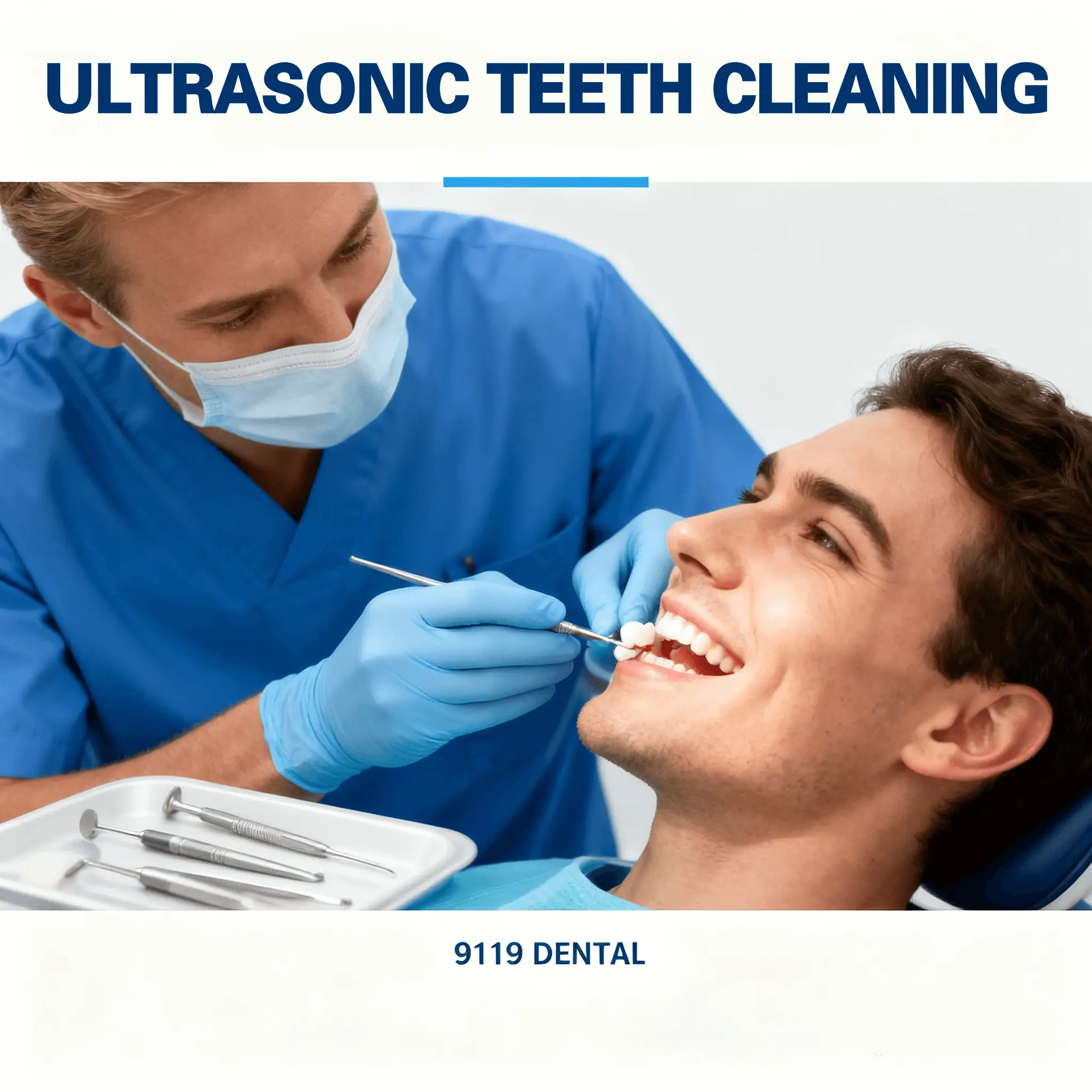
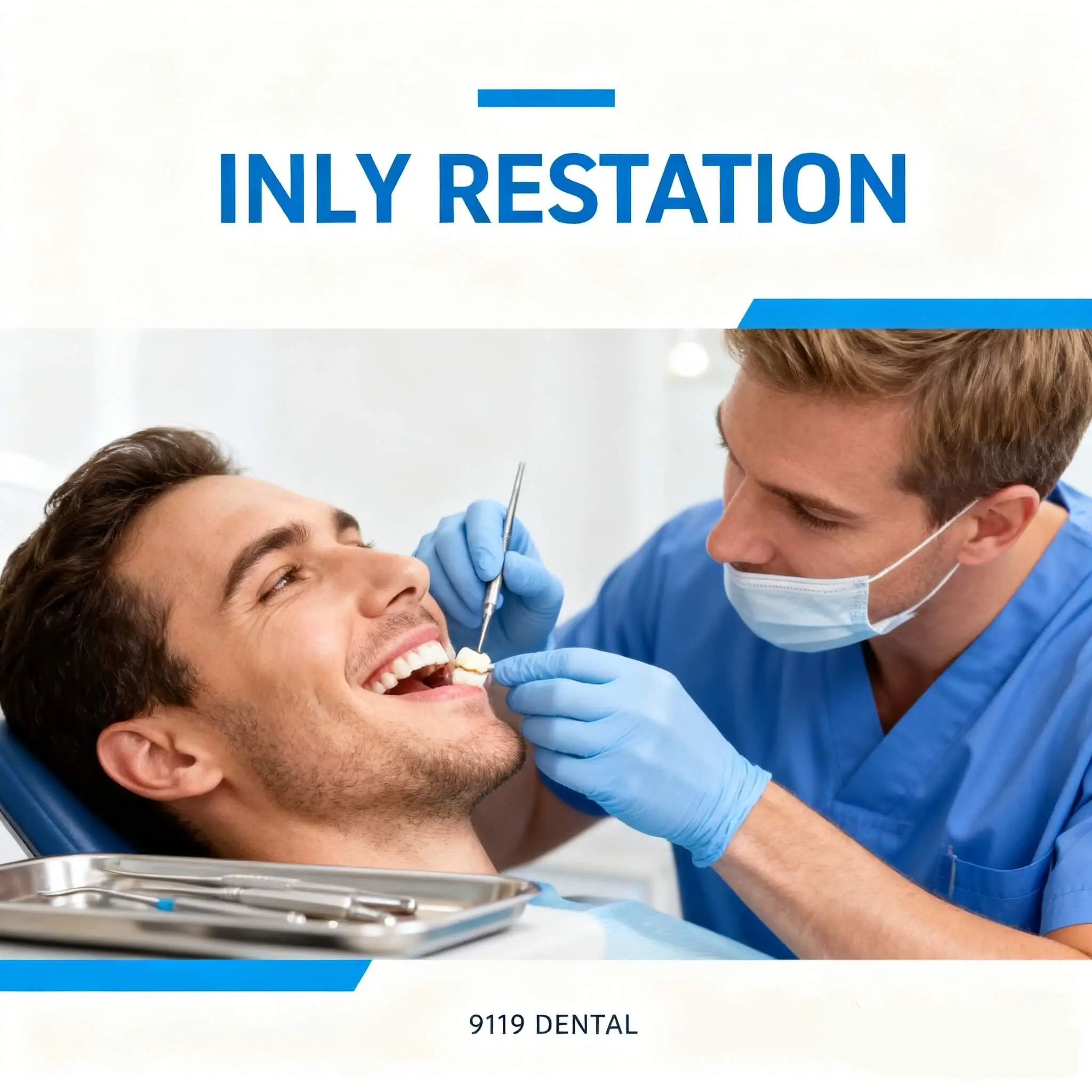
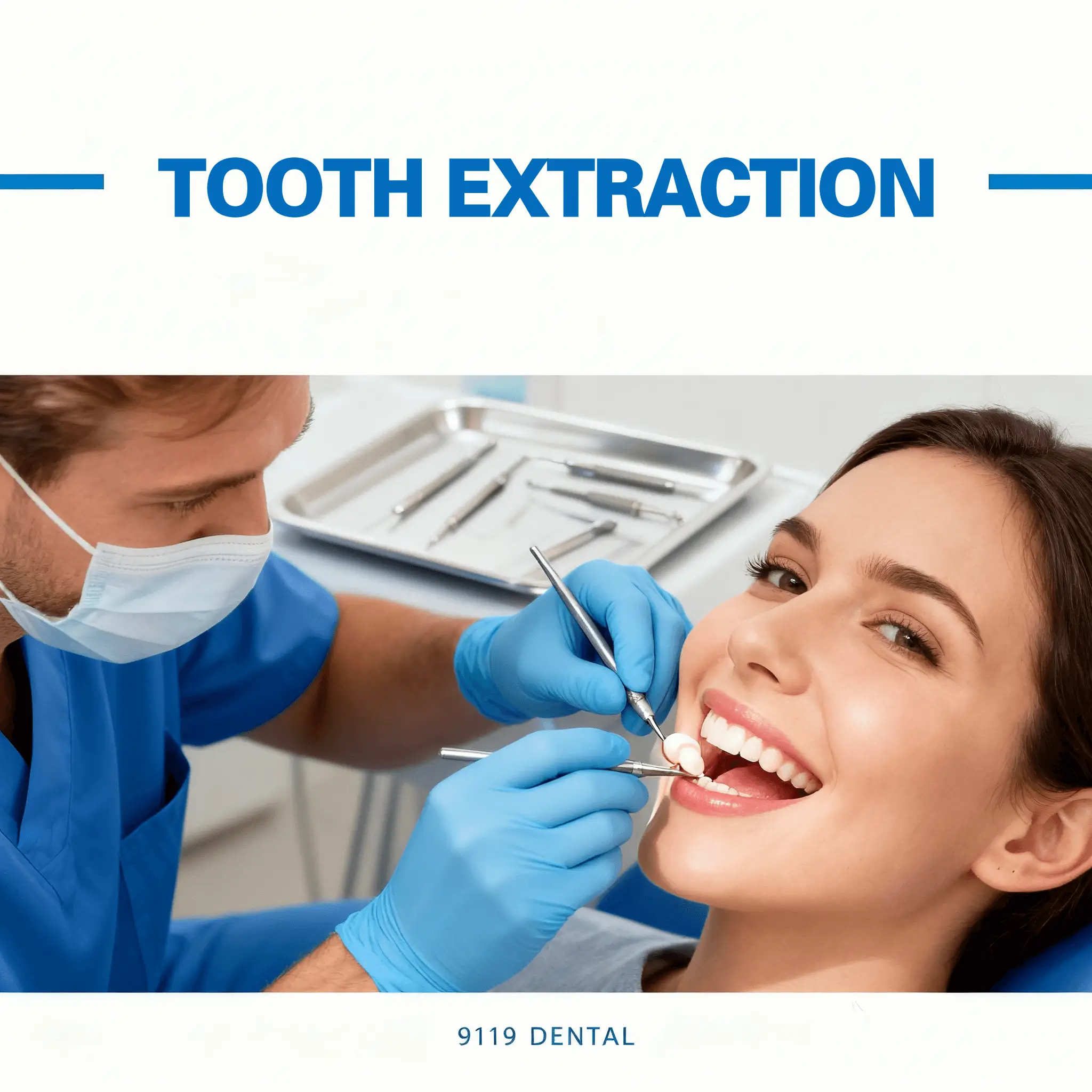
Suggested reads